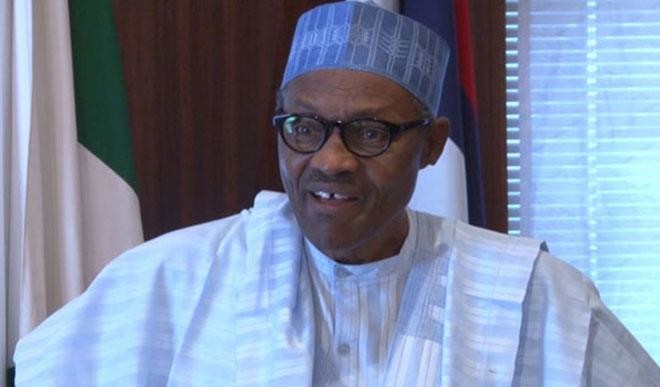On Buhari’s anti-money laundering bill
There is no doubt that the campaign to constrain and control economic and financial crimes in Nigeria is gathering momentum under the present administration of President Muhammadu Buhari. In a way, this campaign has international correlation and can be observed at this critical period of globalization, globalized economy and market reforms when commitment to sanitizing […]


There is no doubt that the campaign to constrain and control economic and financial crimes in Nigeria is gathering momentum under the present administration of President Muhammadu Buhari. In a way, this campaign has international correlation and can be observed at this critical period of globalization, globalized economy and market reforms when commitment to sanitizing public sector and business environment is at the core of the drives to reverse the sluggish economies of many countries, especially those in the sub-Saharan Africa.
The hope to tackle money laundering cases in Nigeria has been rekindled by President Buhari, who recently sent the “Money Laundering (Prevention and Prohibition) bill 2016” to the National Assembly for consideration. In analysis, the bill seeks to establish Bureau for Money Laundering Control (BMLC), which would be independent in the discharge of its functions and responsibilities. According to the “Money Laundering (Prevention and Prohibition) bill 2016”, any perpetrator of the crime is defined as “a person who knows, ought reasonably to have known or suspects that property has a criminal origin, commits an offence, if he conceals, disguises, converts, transfers or removes the property from Nigeria. The bill prescribes stiff penalty for anybody found culpable of the offence and upon conviction shall be an imprisonment for a term of not less than seven years without the option of a fine. Under the “Money Laundering (Prevention and Prohibition) bill 2016”, any bank that is found guilty of money laundering would be liable for the fine of not less that N25 million and a designated non-financial business and profession would get a fine of not less that N10 Million if found guilty of the offence. The proposed bill also stipulates three years imprisonment or above for anybody that fails to report persons involved in the illicit act.
It is self-evident that Buhari’s anti-money laundering bill is in tandem with the urgent necessity to establish a formidable financial intelligence body to combat money laundering, terrorist financing activities and other predicate offences in Nigeria. It is expected that the proposed BMLC would be an essential anchor for monitoring and undertaking studies and risk assessments on emerging techniques and patterns in money laundering, terrorist financing and other unlawful financial activities, as well as serve as a tool for providing information to the Federal Government on financial flows into and out of the country that will be shared with financial regulatory authorities and security agencies. The bureau, as a form of an independent Nigerian FIU, is also expected to function without any encumbrance, in accordance with the provisions of the international anti-fraud regimes of FATF and EGMONT Group of FIUs. Furthermore, the proposed agency would play a central role in establishing an effective and efficient system to arrest money laundering, terrorist financing and related crimes.
In truth, the scale of the anti-corruption campaign of the Buhari’s administration is quite phenomenal, considering the ongoing assaults on treasury looters, which are seen in many quarters as most calculated and determined. In the opinion of these writers, the idea of redoubling effort at tackling money laundering in Nigeria with the proposed “Money Laundering (Prevention and Prohibition) bill 2016” is a one laden with foresight perspicacity, courage, patriotism and enlightened self-interest. It is hoped that our federal lawmakers would rise to the occasion, irrespective of party differences, by giving the bill the due attention it deserves for easy passage.
Okechukwu Emeh, Jr and Shamsuddin S. Daura, public affairs analysts, wrote from Abuja, both can be reached at [email protected], 08036895746, 08038587866
